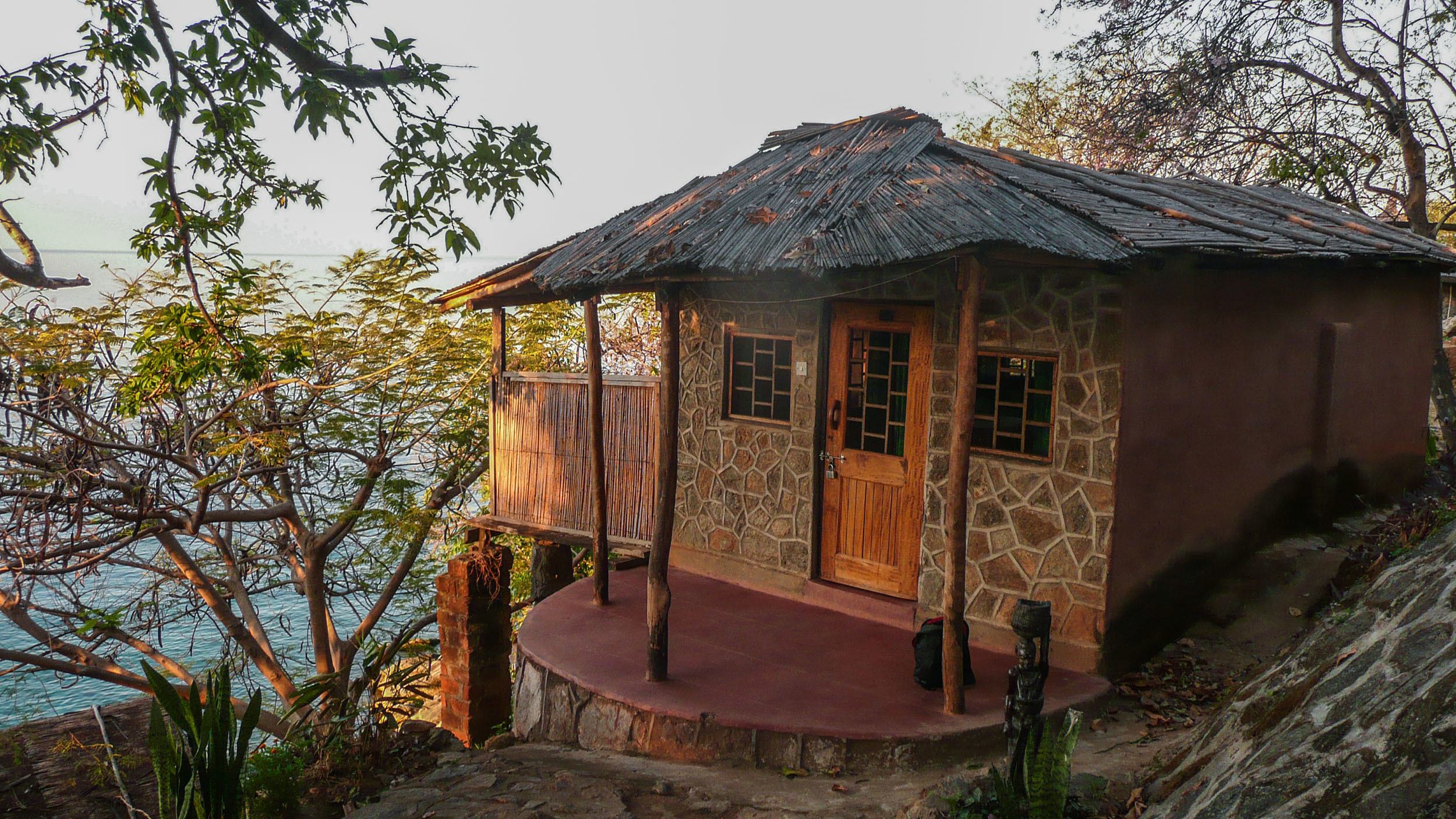Locked between large neighbours is a bitesize nation often overlooked. Savvy is the traveller, though, who opts to step foot inside Malawi: the travel rewards are numinous. Whether seeking scintillating clear water fit for snorkelling and diving, warm entreats or simply an escape from reality in bucolic surrounds, then the bitesize nation is the answer. Who needs other reasons to visit Malawi?
Here’s the proof it deserves a place on any East Africa itinerary.
Lake Malawi
As a landlocked country, it is difficult to conceive water being the life blood. For Malawi, this is exactly the case. Carving through the countryside in a channel formed by none other than the Rift Valley is Africa’s third largest body of water: Lake Malawi. It is an expansive mass, teaming with five hundred to one thousand species of colourful fish, the greatest quantity of marine life of any lake in the world. Whether it’s island-hopping, chilling on a beach, kayaking or diving you are after, it can be found or done on or around Lake Malawi. In fact, there are so many options available, leaving the lake to visit other parts of the solar country will be your greatest challenge. Throughout my lakeside sojourn at Nkhata Bay, I was forced to bathe in the lake among the vivid wildlife thanks to a plumbing issue in town, leaving the pipes void of water. There was no better way of getting back to basics, surrounded by the marvels of Mother Nature in Lake Malawi.
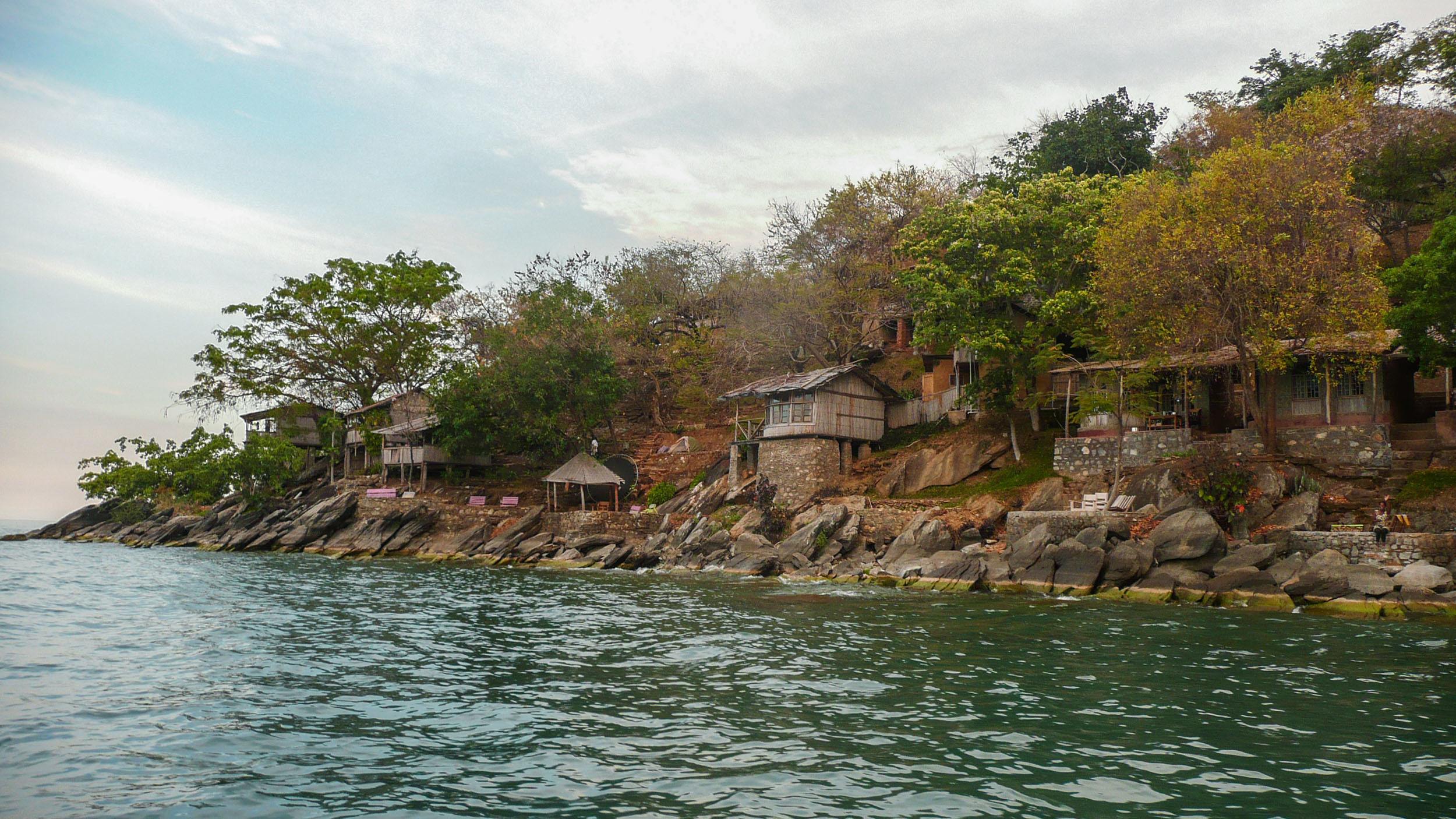
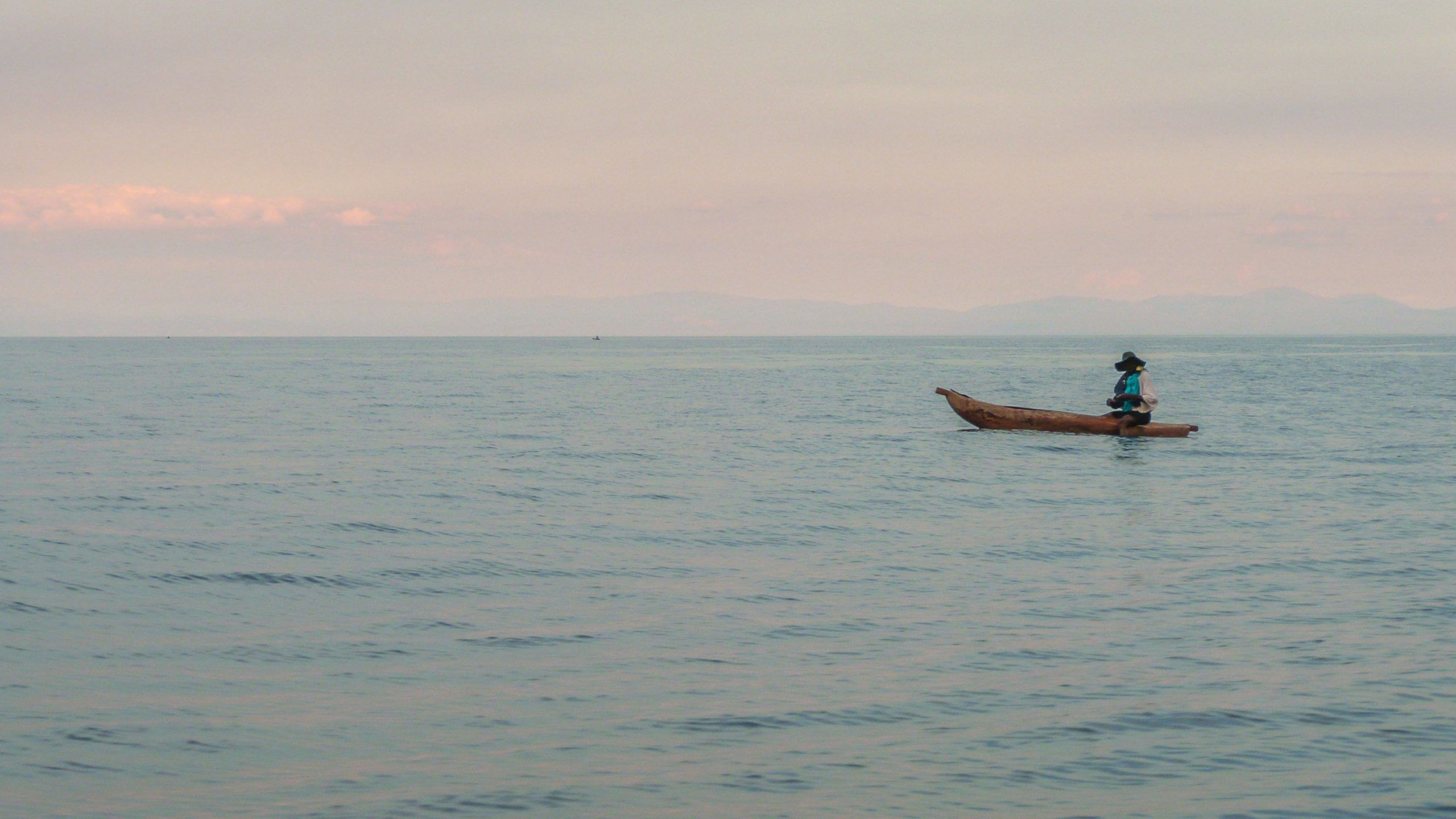
Friendly Locals
“Moni” is the sound you’ll often hear floating across the tepid air, whether it be in the marketplace, by the lake, on safari or simply riding in the back of a collective ute. Malawi’s Chichewa equivalent to ‘hello’ resounds countrywide, echoed synchronously by children in the street and sweat drenched workers at local markets. Malawi is evocative of the Africa conjured in the minds of prospective visitors: friendly, full of integrity and warm to the core. After all, it’s known as the warm heart of Africa and for good reason. Every encounter I had was positive, never suspecting and full of hearty Malawian smiles.
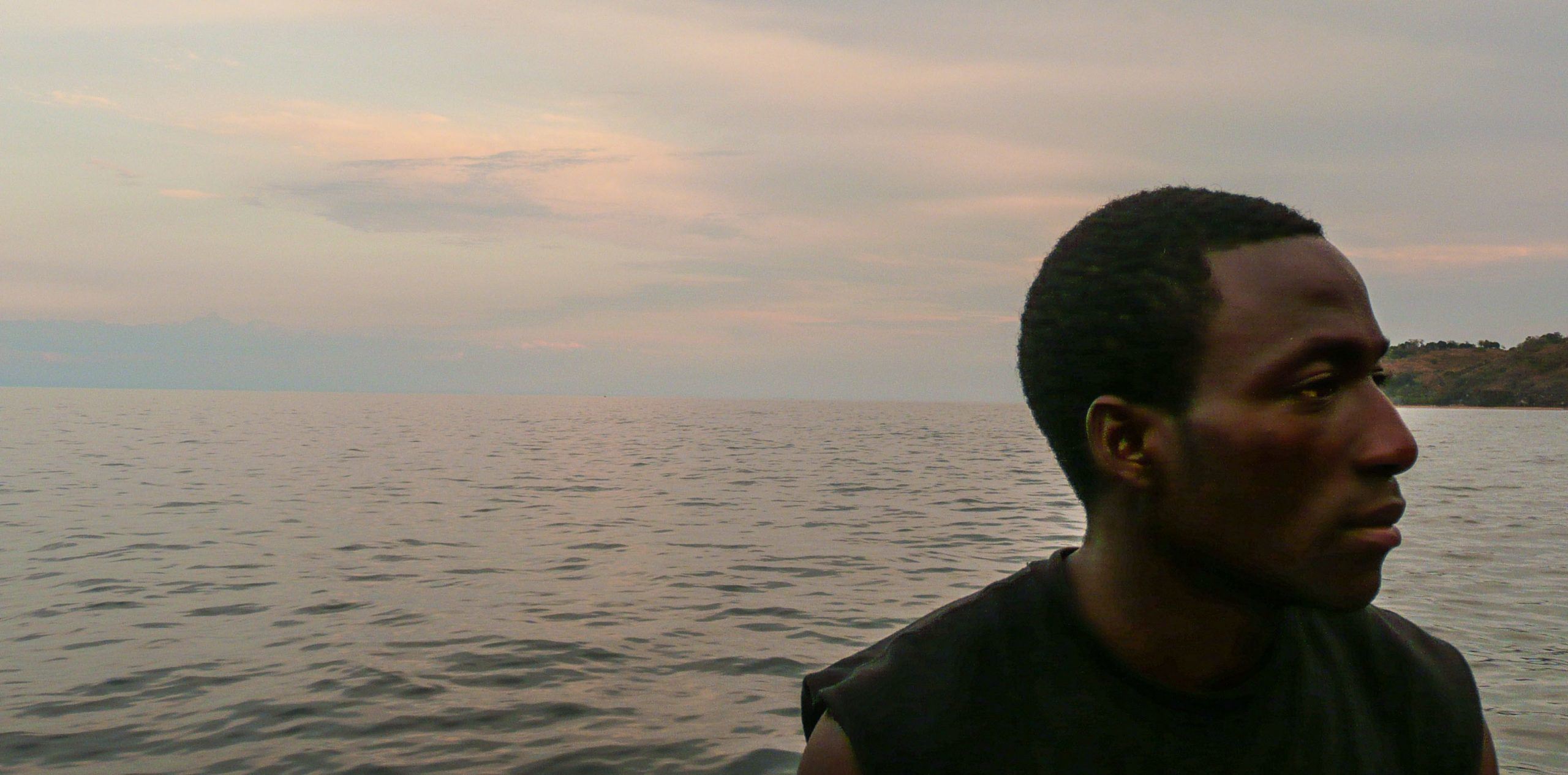
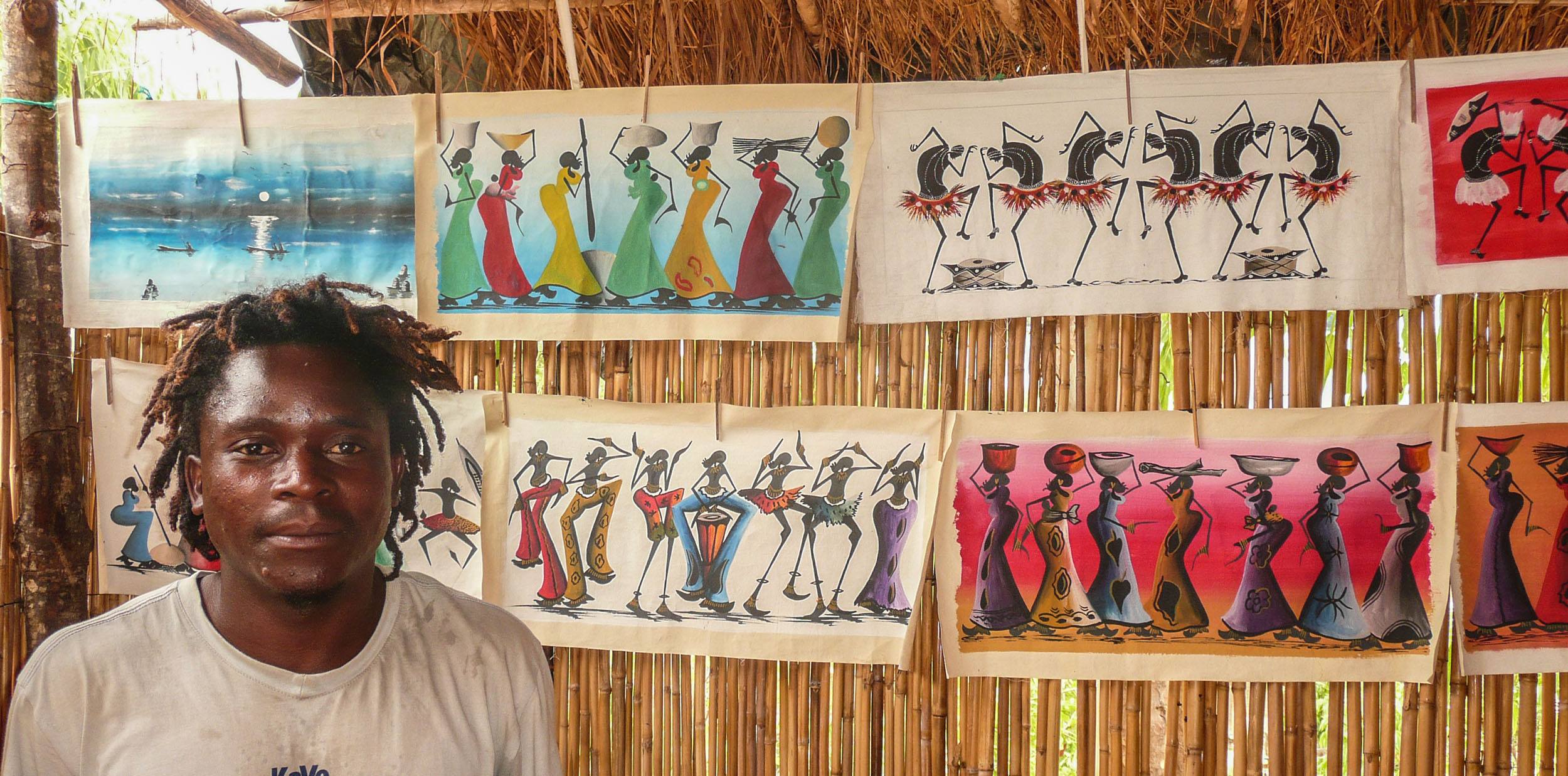
Laidback Vibe
Affectionately dubbed 'Africa for beginners’ (in the backpacking world), there is no better place to become acquainted with the continent than in Malawi. Largely agrarian, peace, serenity and tranquillity abound. With a slate clear of civil war - a rarity among its contemporaries, Malawi emits a stable and peaceful vibe: it’s safe and it puts travellers at ease. The pace of life is unhurried and the roads are largely free of traffic. For those without meagre budgets, self-drive vacations are ideal. I opted, on my solo backpacker budget, to move by public transport and hitch hiking. Needless to say, getting around was akin to the time-conscious African stereotypes that abound: slow and steady, with time to inhale the smell of country life en route.
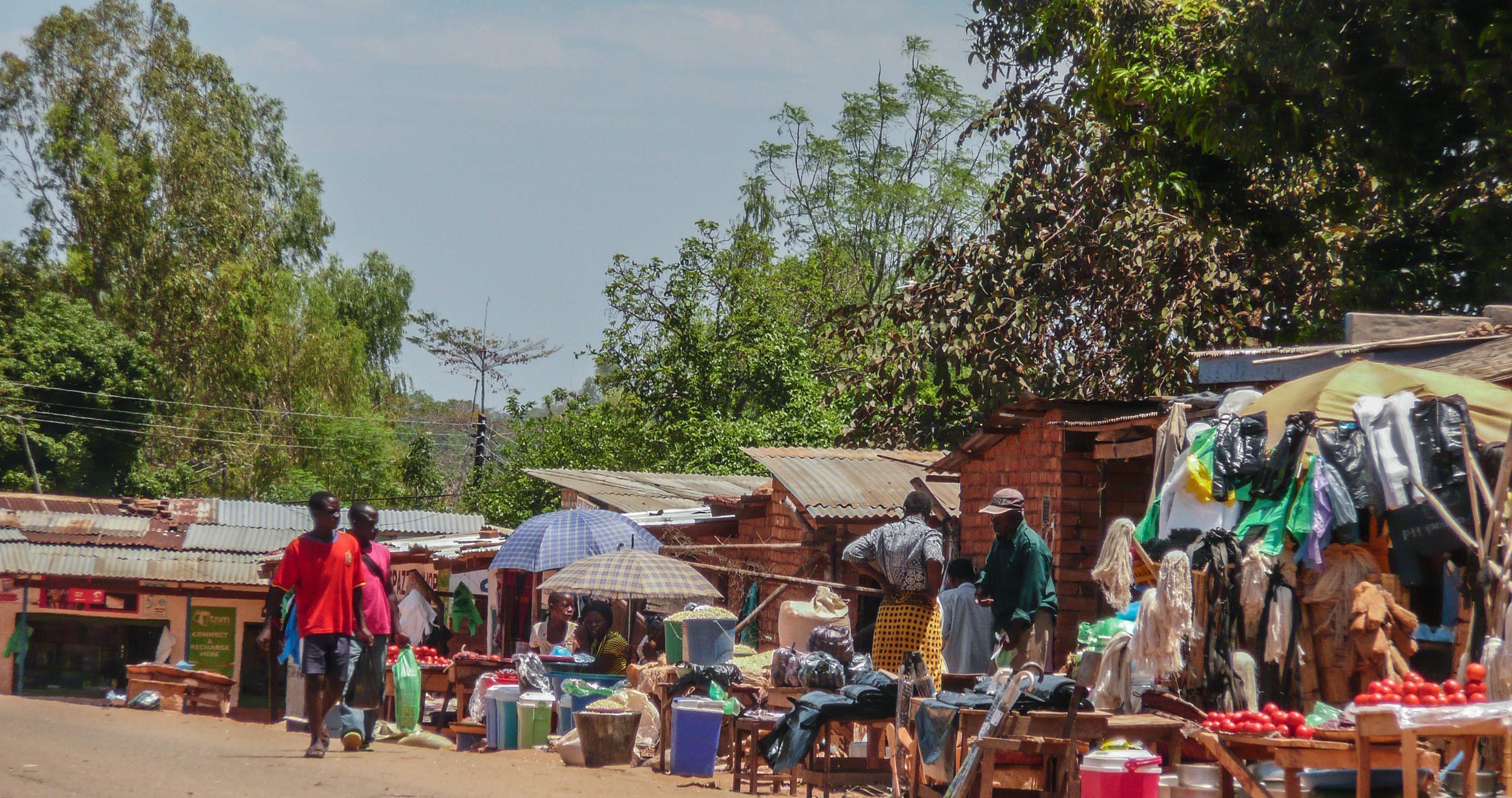
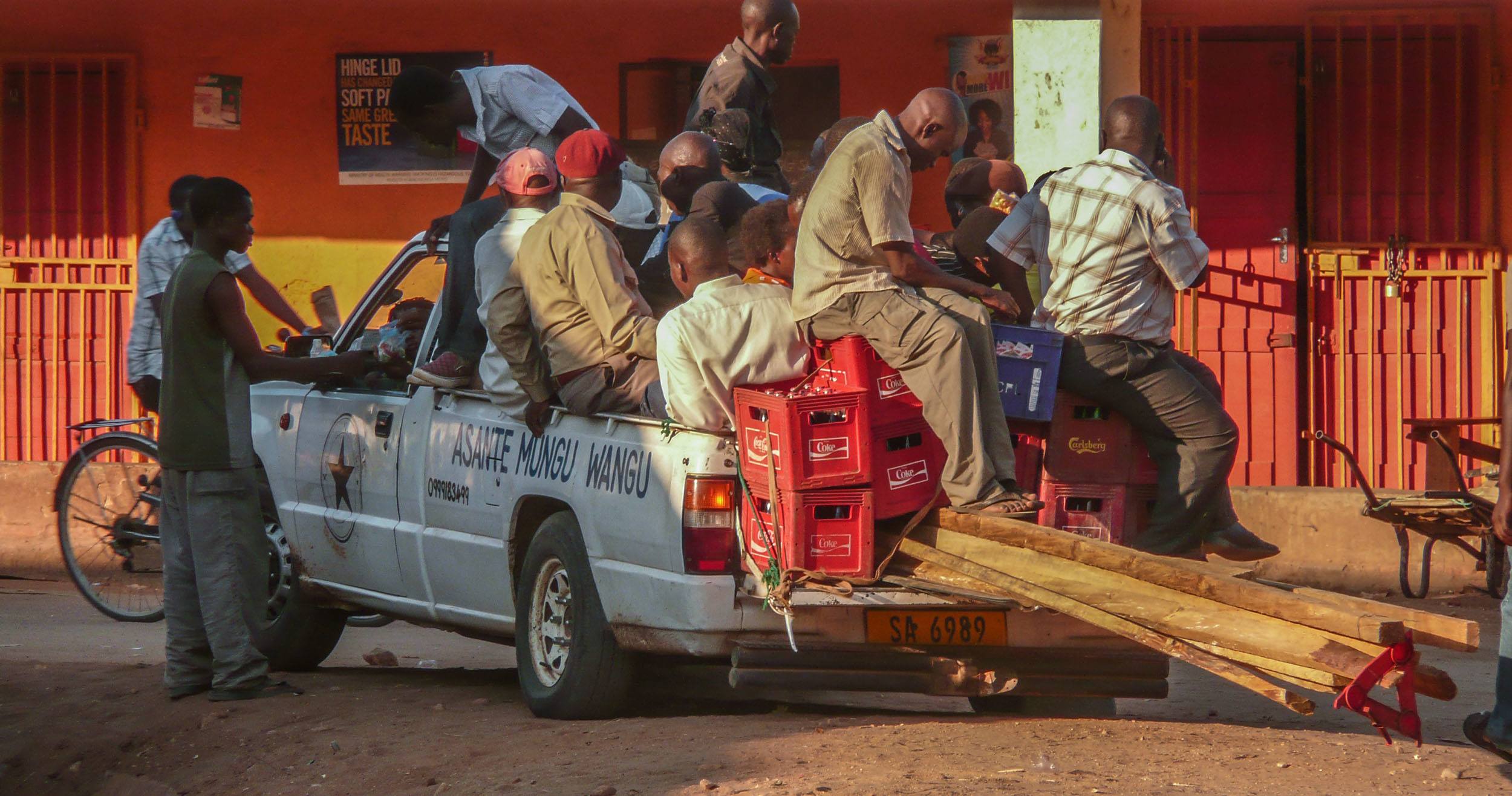
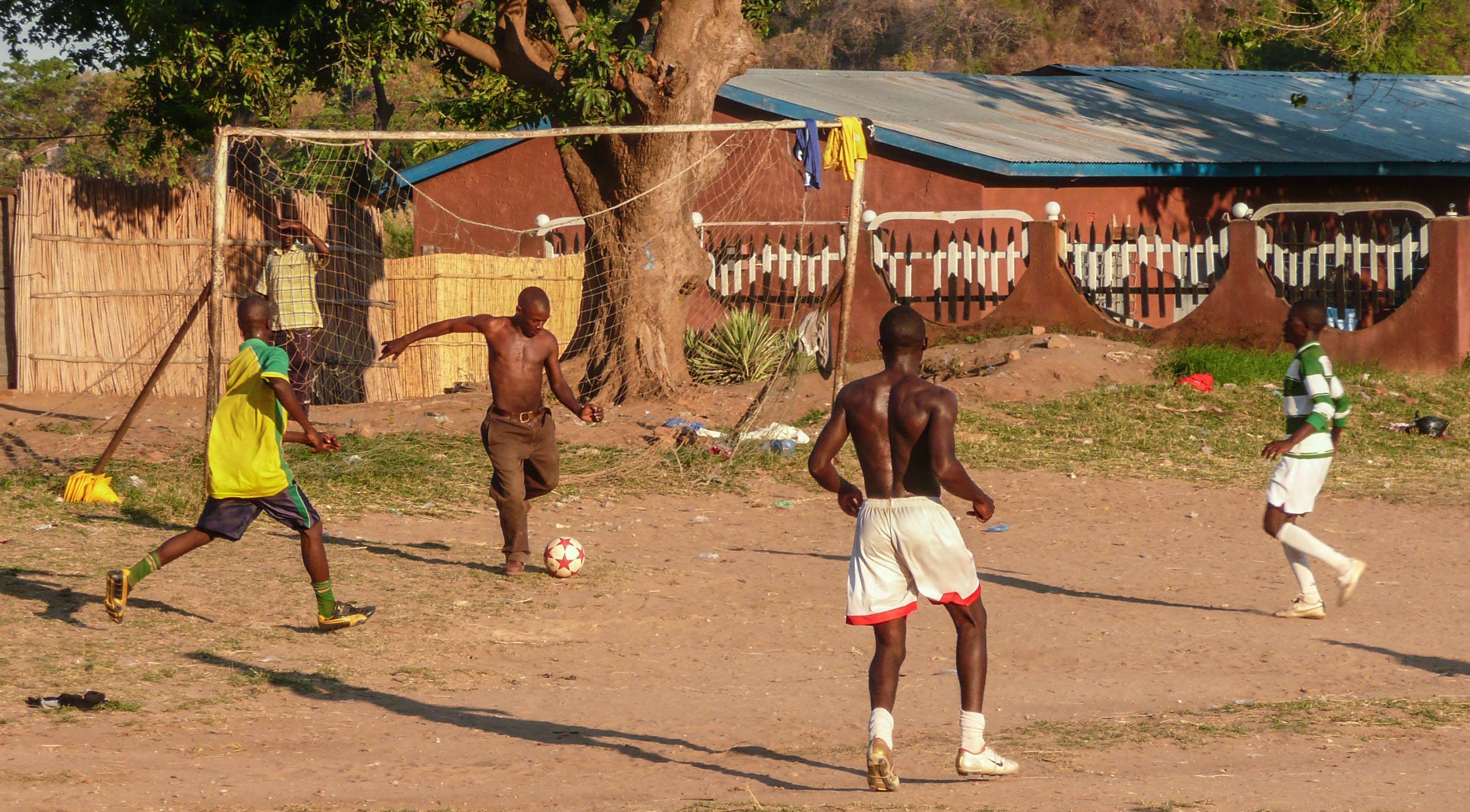
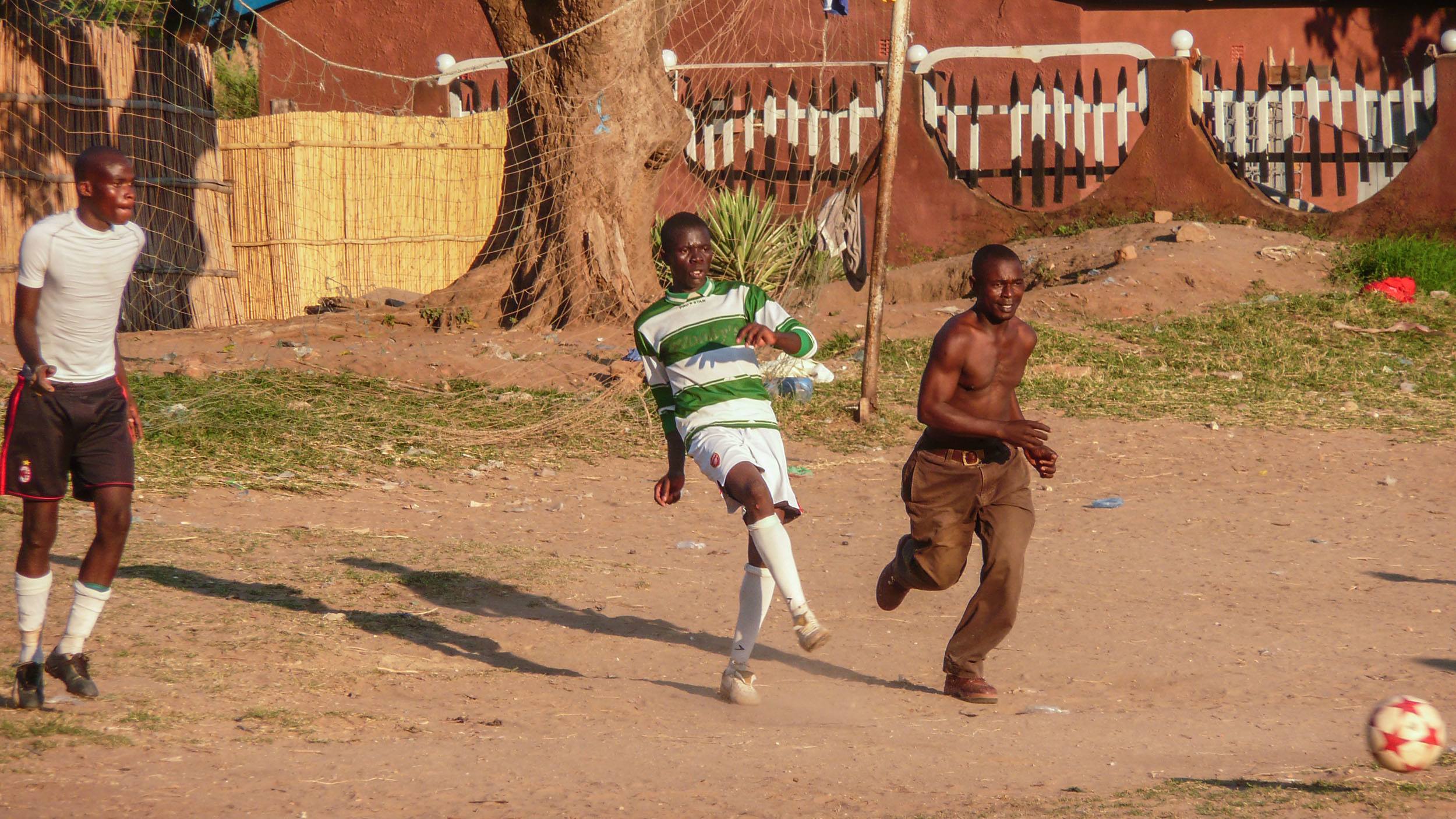
Accessible Safaris
With big name safari neighbours like Tanzania and South Africa, it seems unlikely a bitesize nation tucked into the middle of Africa would boast worthwhile safari options, yet it does. The bonus is that no safari is out of reach, available at an arm’s stretch, thanks to its miniature dimensions. Liwonde National Park, in the country’s south, is a short two to three-hour drive from the southern-most recede of Lake Malawi. There are ‘big name’ animals to see, a rustic atmosphere requisite to any safari and plentiful options with which to explore the park.
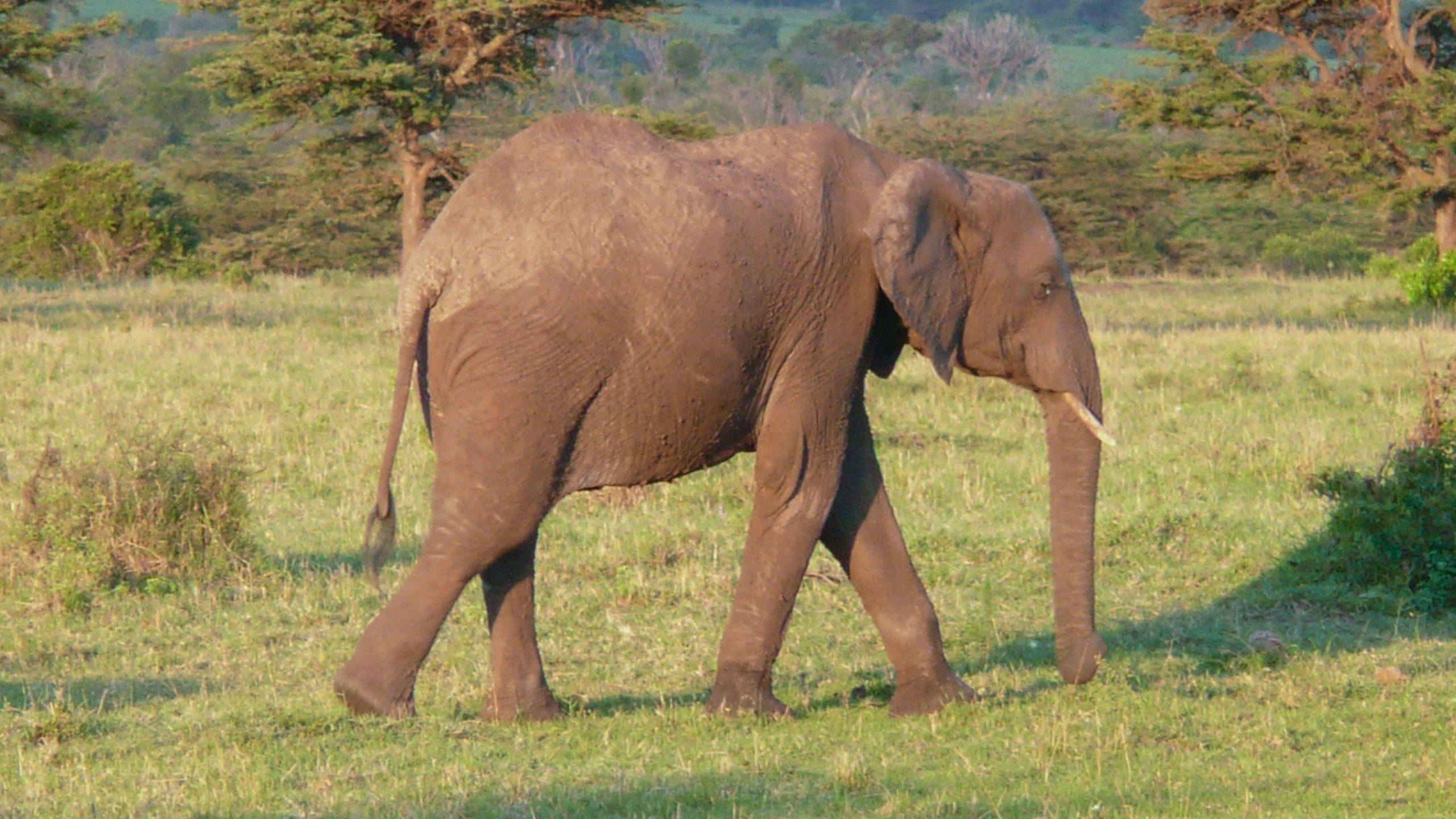
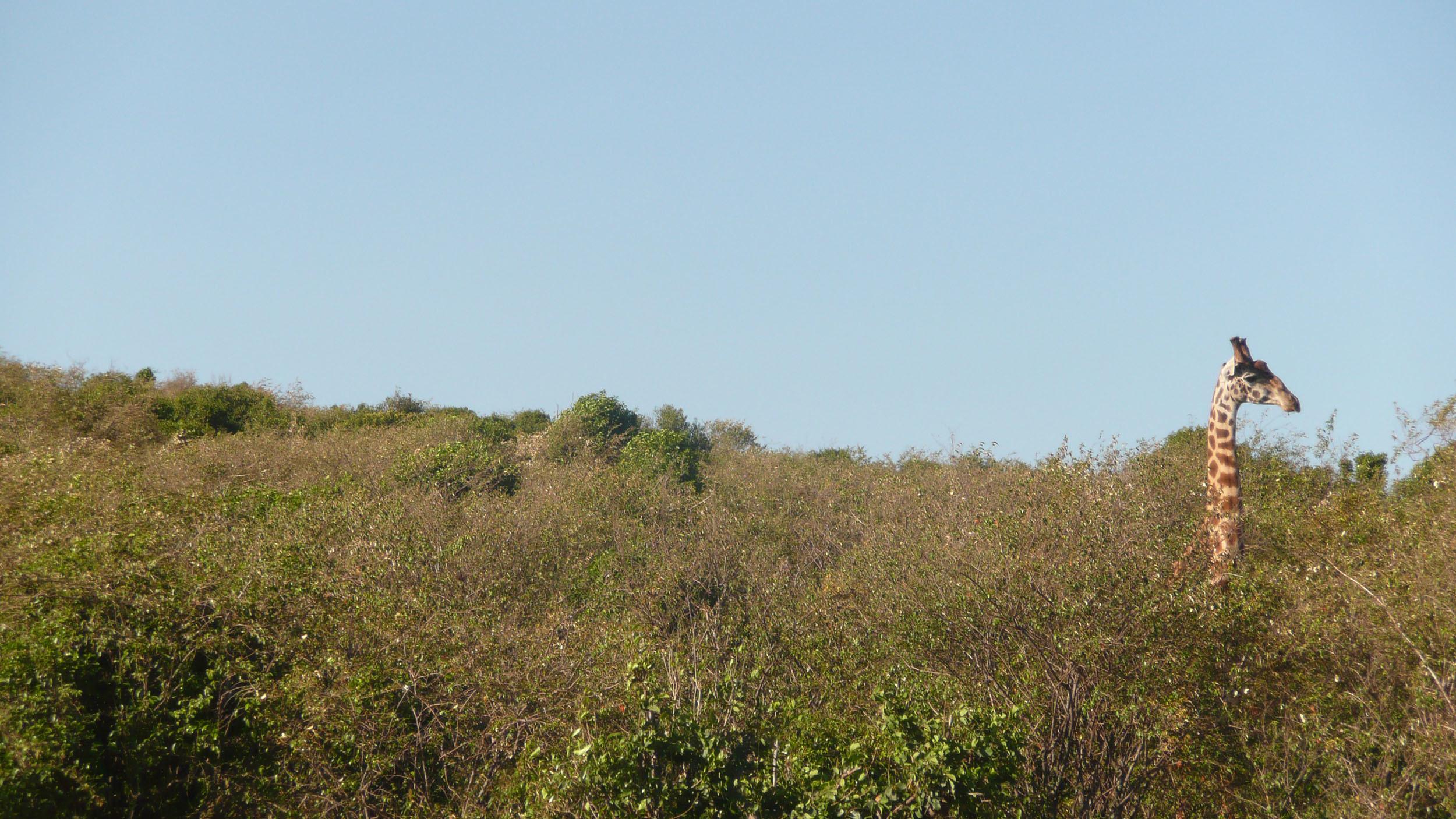
Back to Basics Living
Opting to embrace village life in a Malawian-style hut can be the escape-from-reality ideal western travellers seek. Beware, however: your wish may entail washing from a bucket of ice cold water collected from a well, cooking on gas and eating said fodder guided by the light of a candle, all while living sans social titillation from Facebook, Instagram, Twitter and, well, the internet. The personal rewards you’ll yield are immeasurable, with endless days in which to reconnect to yourself, other people (who cannot be swiped away to the left), nature and life itself. Who knows what truths you may uncover? Try Kumbali Village in Lilongwe: it’s sanitary, with access to clean water.
